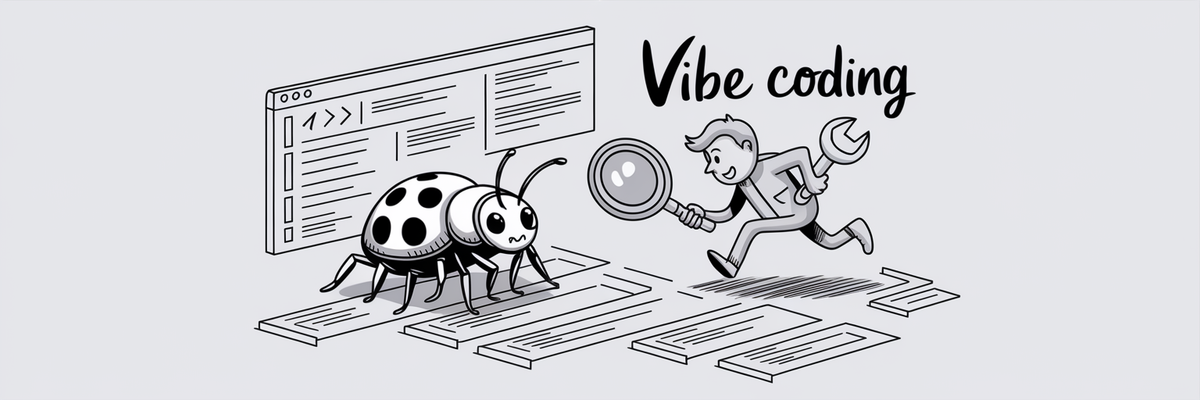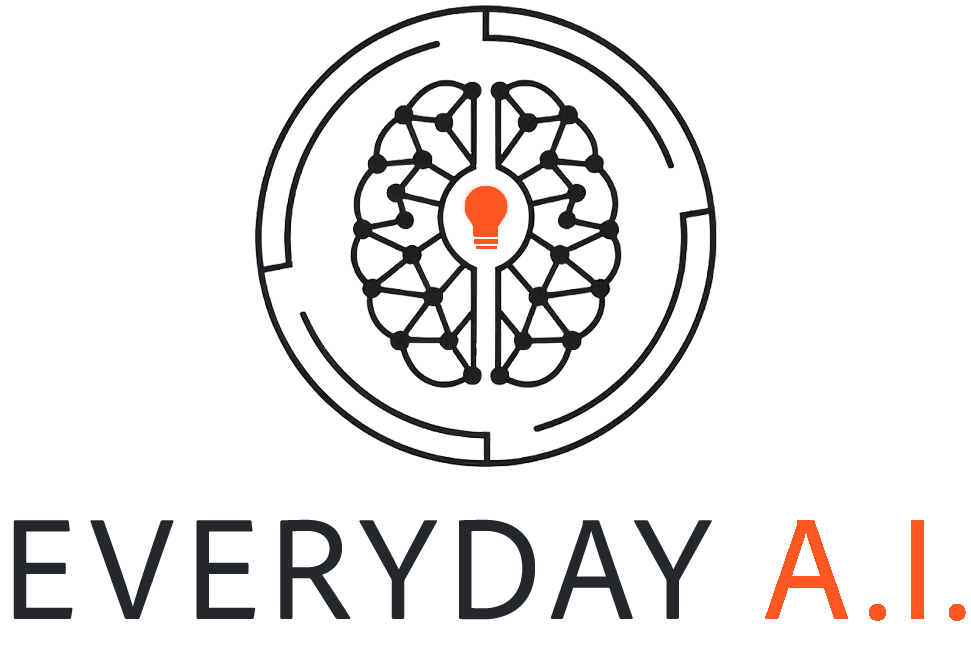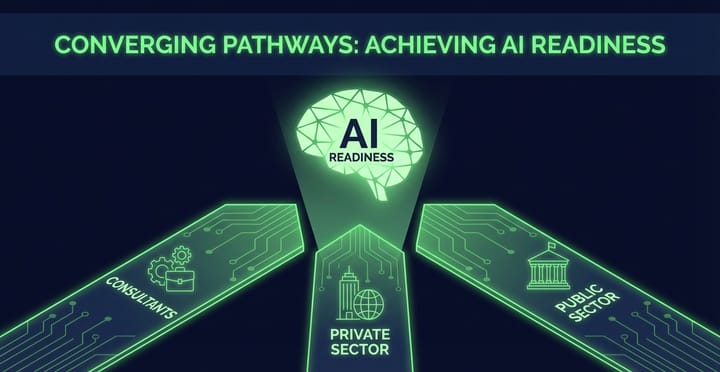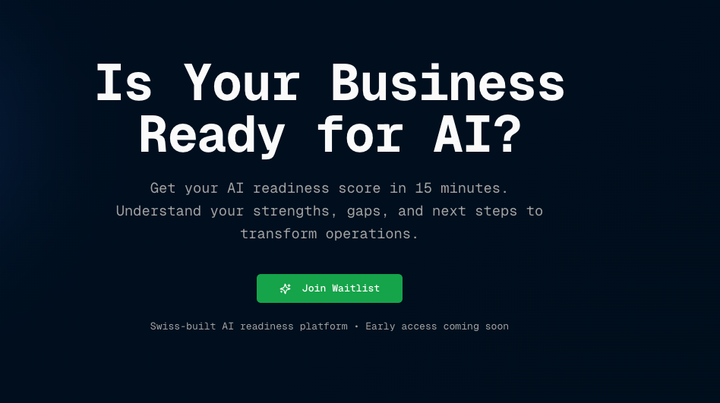AI's Debugging is the Next Frontier (and It's Not as Simple as It Seems)

The rise of AI in software development is undeniable, with tools empowering developers and newcomers to create applications easily. This trend, as discussed in my previous post, "Vibe Coding: A Growing Industry Reshaping App Creation," is rapidly changing software development. As AI takes on more coding, a key question is: How will it handle debugging?
My previous post explored "Vibe Coding"—where anyone can build an app by describing it in plain language—becoming a significant force, driven by tools like Cursor , Windsurf , Lovable , Replit , and Bolt . These platforms lower the barrier to entry, enabling non-developers to create software with AI assistance, leading to an explosion of new apps and democratising software creation. You can read the full post here.
Now, Microsoft's research on "Debug-gym," an environment for training AI coding tools to debug, highlights AI's potential and limitations in this critical area. This article examines this research, assessing claims about AI's role in coding and presenting counter-arguments.
The Role of AI in Code Generation and Debugging:
AI coding tools are generating more code, as predicted by GitHub CEO Thomas Dohmke , and evidenced by increased adoption of these tools by software companies. While AI-generated code is increasing, current AI tools lack effective debugging capabilities, a critical aspect of software development. Human developers remain necessary for complex coding tasks requiring creativity, problem-solving, and critical thinking. Microsoft's research emphasizes that developers spend much of their time debugging, highlighting its importance for any coding tool. Better coding practices and debugging tools can reduce debugging time, but writing new code, which requires deep understanding of the software development process, remains a significant part of a developer's job.
AI coding tools can suggest bug fixes based on code and error messages. However, they may not fully understand the issue context, leading to incomplete or incorrect fixes, and may struggle to seek additional information when solutions fail. To address these limitations, Microsoft's Debug-gym enables code-repairing agents to access tools for active information-seeking. Debug-gym is a valuable advancement, but its compatibility and the challenges of training high-quality agents and data are important considerations. My experience building an application for Everyday AI, set to launch in Q3, confirms that debugging and ensuring security are significant aspects of development. While deploying code is not yet a one-click task, companies like Lovable, Bolt, and Windsurf are making progress in that direction. Tools like BrowserTools and Consolespy, leveraging Model Context Protocols (MCPs), help AI to get more context from the Browser Console during application development. Furthermore, research suggests that training or fine-tuning Large Language Models (LLMs) can improve their interactive debugging abilities, though this may require specialized data and significant resources and expertise, posing adoption challenges.
Conclusion
Tools are making code creation more accessible, but Microsoft's Debug-gym research reminds us that debugging remains a complex challenge for AI. While AI can assist in generating code and suggesting fixes, it currently falls short of replicating human developers' nuanced problem-solving skills.
The future of software development will likely involve collaboration, with AI augmenting human capabilities by handling routine tasks and offering suggestions, and developers focusing on complex, creative, and critical aspects of coding. The development of environments like Debug-gym is a step towards equipping AI with better debugging skills, but much progress is still needed.
What are your thoughts on AI's role in debugging? How do you see the balance between AI assistance and human expertise evolving? Share your insights in the comments.



